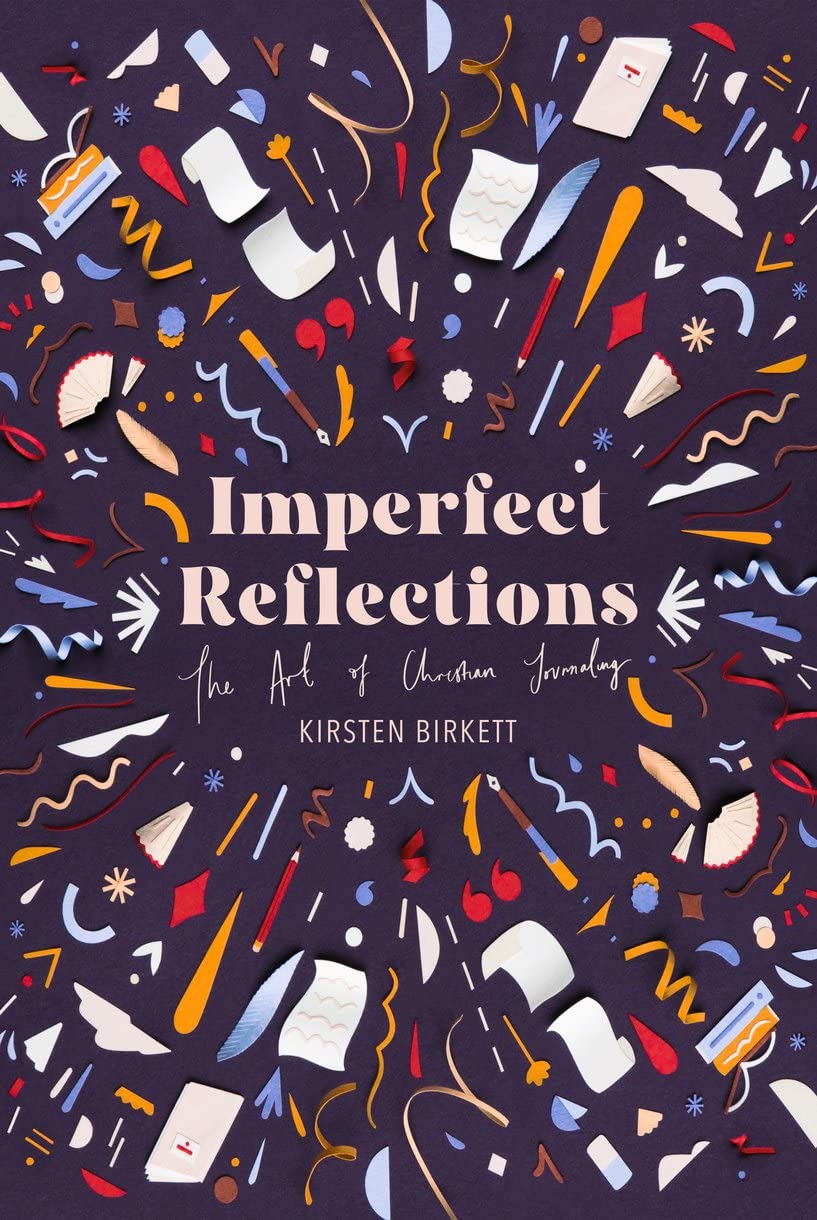A Brief Book Summary from Books At a Glance
by Kirsten Birkett
About the Author
Kirsten Birkett taught ethics, philosophy, and pastoral care at Oak Hill Theological College before moving into church ministry at St Paul’s Anglican Church, Hadley Wood, London. She now lives and writes in the north of England. She also works with us here at Books At a Glance, and we are happy to feature her wonderfully practical book on the Christian devotional exercise of journaling.
Contents
Introduction: How This All Got Started
- Write
- Write Wisdom
- Write Forgiveness
- Write Thankfulness
- Write Prayer
- Write Witness
- Write Bible
- The Covid Diaries 2020
Appendix: Write As the Puritans Did
General Summary
Part pastoral theology, part personal reflections, this book takes the Puritan art of spiritual diary-keeping and suggests ways in which it can become a spiritual discipline for today. It addresses a range of topics from the Christian life, explaining their theology, and shows how journaling can go beyond the therapeutic to become training in godliness.
Introduction: How This All Got Started
The book was written during the Sydney summer of 2019, and the setting is the introduction to each chapter. The author had been researching happiness and came across a paper on Puritan diary-keeping. This introspective practice was not an exercise in self-flagellation, but a spiritual practice to stimulate rejoicing in God. Following this example, modern journaling, often used in therapeutic counselling, can go further to help one grow in godliness.
-
Write
Diary-keeping has a long history and is beneficial in itself. Handwriting is best; not only enjoyable and potentially artistic, but can have cognitive benefits. Teaching children handwriting benefits their language skills more than teaching typing; it also apparently benefits emotional well-being and social ability. It helps the ability to write creatively. Handwriting uses parts of the brain controlling visual and motor skills, reasoning powers, and emotional functions. Adults usually learn better by taking handwritten notes rather than typing. Writing by hand allows processing of emotions and can help reasoning. Most journal writers still prefer handwriting; handwritten letters reveal more of the person. Handwriting conveys more information than typing; do not underestimate its power. . . .
[To continue reading this summary, please see below....]The remainder of this article is premium content. Become a member to continue reading.
Already have an account? Sign In
Buy the books

IMPERFECT REFLECTIONS: THE ART OF CHRISTIAN JOURNALING, by Kirsten Birkett